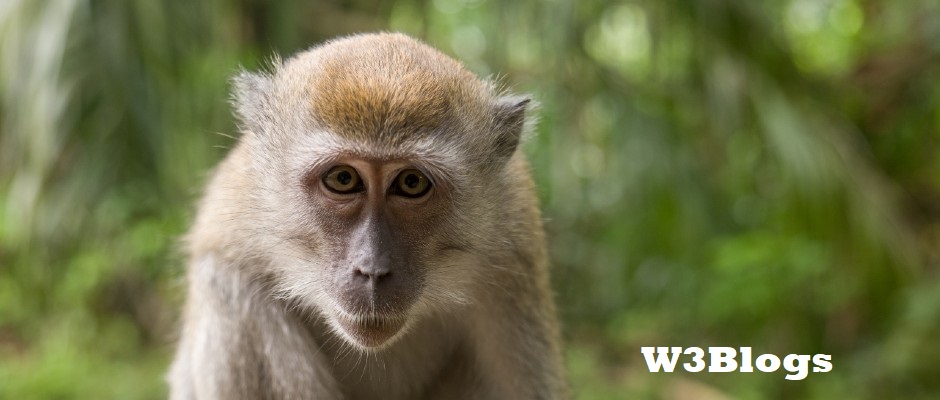The team of scientists from China and America has achieved a major breakthrough in the field of stem cell research. Scientists planted human stem cells in the blastocyst, a few days old developed embryo of the monkey. The team, led by top scientist Yuan Carlos Izpisua Belmonte, succeeded in keeping some embryos made of two different genetic materials alive for 20 days. This mixed embryo produced a mixed organism, also known as chimeric, or interracial chimera.
Izpisua Belmonte and his team, associated with the Salk Institute for Biological Studies in California, have done this research in collaboration with a team of Chinese researchers led by Witsi Ji, working at Kunming University of Science and Technology in Yunnan. Recently, his study about chimeric human monkey embryos was published in the prestigious journal "Cell" of natural sciences.
Mythical organisms, ie chimeras, have been made in mammals since the 1970s to study the initial processes of development. The difference is that at that time scientists used rodents or munching animals, and inter-caste animals did not live long. The turning point for the new study came last year when a Chinese team at Kunming University developed a technology that allows monkey embryos to survive and grow outside the body for an extended period of time.
Izpisua Belmonte states that historically the coordination of human cells in host species and their low efficiency to produce human chimera have been adversely affected.
The study, published in the Cell Journal, will help scientists understand how chimeras work and how to improve them for future research.
.
I know how to do this, but I don't know why
Mixing the genetic material of animals with human stem cells is an important intervention in the natural process. But the researchers say that they also have a reason for this.
Ispisu Belmonte explains "If we are unable to do certain types of experiments in humans, then it is necessary that we should have more accurate models for more accurate studies and understanding of human biology and diseases."
In a study published in the journal Cell, the researchers claim that this work, which makes chimeras from human stem cells, "may help to create a beneficial strategy for various experiments involving regenerative medicine, including organs and tissue for transplantation Construction is also included.
But there has also been sharp criticism of the work of Izpisu Belmonte and his colleagues. Alphonso Martinez Arias, lecturer in the Department of Genetics at Cambridge University, says that this research is very 'substandard'. After studying the data of the researchers, Martinez Arias says, "What these people are claiming is absolutely impossible."
SAIL is a peer reviewed journal. That is, every study published in this journal goes through a rigorous examination process in which a panel of scientists conducts a thorough review of the study material and its results. Belmonte and his team's study published in the Cell Journal also means that the experts reviewing it did not find anything that Martinez Arias feels. That is, they are not worried like Martinez.
What does it mean to be a human being?
Questions related to morality persist. In the current study, the fetus did not last more than 20 days. But what will happen when science finally reaches such a state that such mythical creatures take shape as real evolved organisms?
Julian Savuleschu, director of the Oxford Uyhiro Center for Practical Ethics at Oxford University, says in his remarks to the Science Media Center, "This research will cause a disastrous effect on the human-human chimera."
The main moral question before them is what kind of creatures these chimeras will be - to what extent can they think or feel? Would it be acceptable to take their organs that were designed for the purpose of transplant?
Savuelschu wrote, "What would be the moral status of these strange creatures?"
He says, "Before experiments on live-born chimeras or before removing their organs, proper assessment of their mental abilities and lives is also necessary."
Aana Mazador, Associate Professor of Practical Philosophy at the University of Oslo, goes a step further, saying, "This success reinforces an unavoidable fact that biological categories are not predetermined — they are flexible."
In his remarks at the Science Media Center, he wrote, "The scientists associated with this research believe that these chimeric embryos provide new opportunities because 'we are unable to do certain experiments on humans'." But the question remains whether to call them human embryos or not. "




